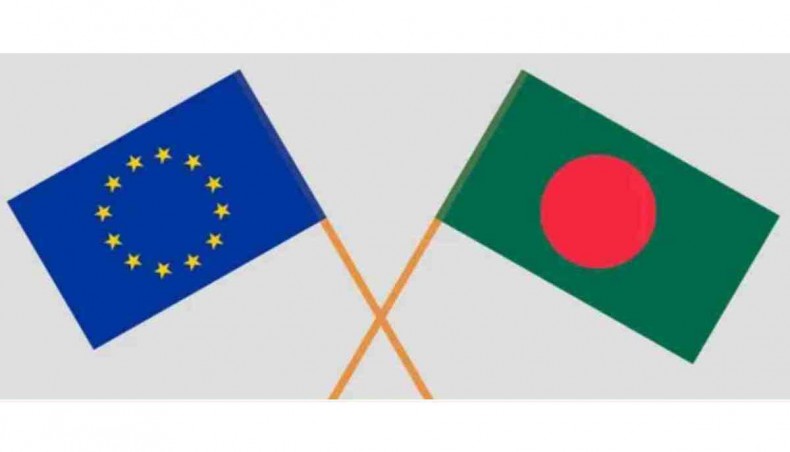A delegation of European Parliament’s Committee on International Trade began their three-day visit to Bangladesh on Monday.
Heidi Hautala, MEP is leading the European Parliament delegation to Bangladesh.
Bangladesh and the European Union will discuss mainly trade related issues during the visit.
‘They are interested in following trade relations between the EU and Bangladesh which are growing very strongly,’ EU Ambassador to Bangladesh Charles Whiteley told reporters after his recent meeting with state minister for foreign affairs Md Shahriar Alam
He said that the delegation of the Members of the European Parliament will meet different ministers and other organisations.
The EU ambassador said that both the sides would be looking at GSP regulation, which was their global regulation as they were very committed and interested on the trade front.
The state minister said that the delegation would visit privately owned factories and see Bangladesh’s development.
Bangladesh is already engaging in the GSP Plus issue which is a rather difficult process and the EU says it is very encouraging to see awareness in Bangladesh.
The EU is very happy that the Everything but Arms has helped Bangladesh and thanked Bangladesh for the high quality clothing that they get from the country.
Bangladesh suggested an extension of the existing DFQF market access for Bangladesh in the European market by nine years beyond the three years of leeway after the graduation. Bangladesh can still enjoy the duty-free quota-free market access after 2026 up to 2029.
The EU’s Generalised Scheme of Preferences Plus (GSP+) gives developing countries a special incentive to pursue sustainable development and good governance.
Eligible countries have to implement 27 international conventions on human rights, labour rights, the environment and good governance.
The state minister said that there would be a wide-ranging discussion with the EU delegation.
Bangladesh draws worldwide attention for keeping up its growth momentum despite the global recession triggered by the pandemic and war, he said.













